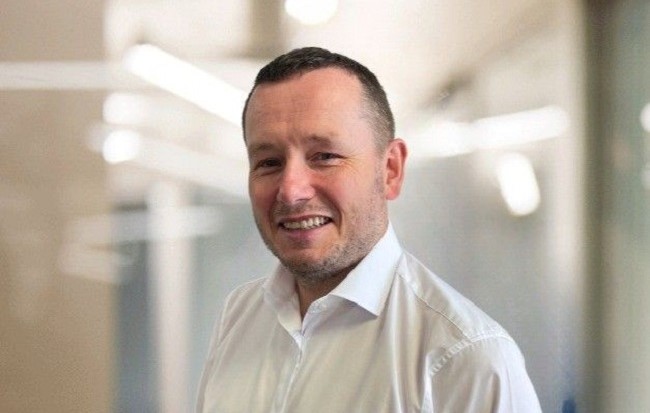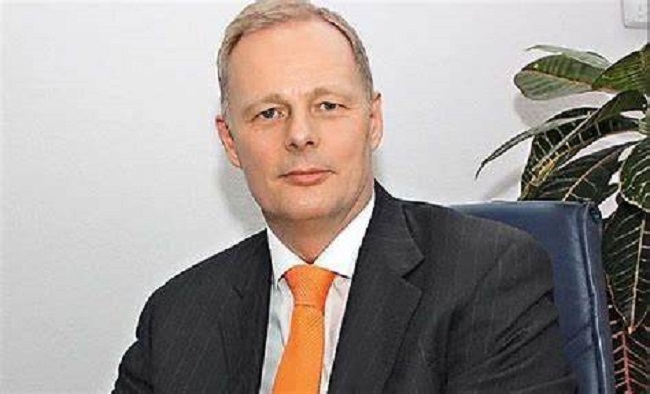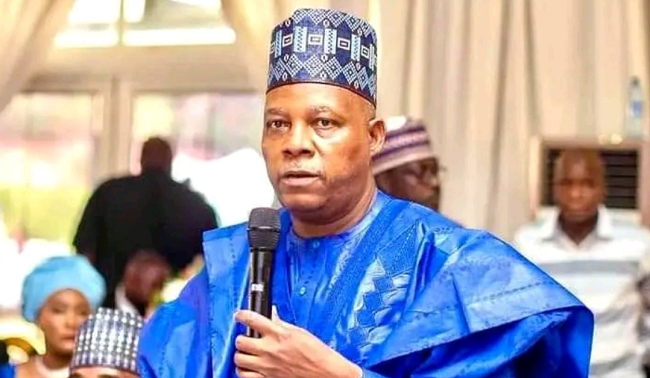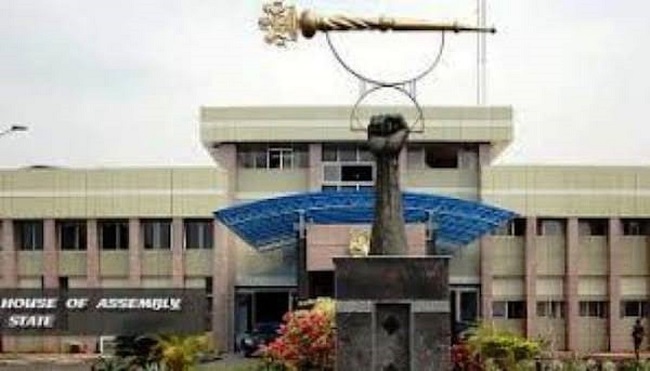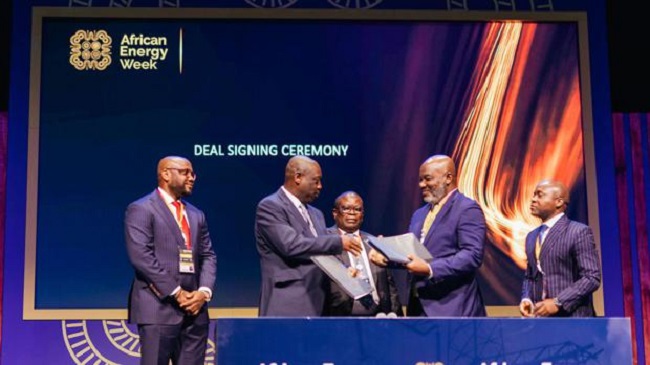Remarks delivered by UN Climate Change Executive Secretary, Simon Stiell, in Berlin, Germany, on Wednesday, March 26, 2025, at the “Europe 2025” Conference

Colleagues, honoured guests, lots of words have been used to describe the subject of this session. Words like upheaval and crisis.
I will use a different word: disruption.
Disruption means change, yes. But it can also be a force for progress, opening up vast new opportunities.
I want to challenge you today to see the disruption of this moment – on the climate front – as a monumental opportunity, as much as a monumental, heightened risk.
The costs imposed by the climate crisis are of course already massive and growing fast.
From unprecedented storms hitting Europe’s west coast and heatwaves, to droughts in Sicily and floods across central Europe, climate-driven disasters are slashing food production and destroying infrastructure, businesses, homes and communities.
Driving up costs for households and businesses and driving down competitiveness.
Climate impacts could carve up to 1 percent from the EU’s combined GDP in coming years – something Europe can ill-afford with its modest and fragile annual GDP growth.
And the climate crisis could carve up to 2.3% off Europe’s GDP by mid-century – a recipe for permanent recession, meaning continuously shrinking economies, failing businesses, and significantly increased unemployment.
And these are very conservative estimates. They don’t include the cascade of societal and ecological destruction, the food, water, and energy shortages we’d face if climate change is not contained.
And the damage will not stop at Europe’s borders, but it will increasingly impact them.
As disasters make more and more regions unlivable, and food production declines, millions more people will be forced to migrate, internally and across borders.
Unquestionably, the climate crisis is an urgent national security crisis that should be at the top of every cabinet room agenda.
Surrender is not an option. And half measures are a recipe for failure.
It is already at the top of most household agendas: 94% of Europeans support measures to build resilience and adapt to climate change.
So, governments have a very clear mandate for climate action.
But let me turn now to the other side of the coin, and the monumental opportunities that climate action presents for Europe.
As one government steps back from climate leadership, it opens up space for others to step forward and seize the vast benefits on offer.
And let’s be clear: in a global clean energy boom that hit $2 trillion last year – the dividends on offer are truly monumental.
The clean energy transition can be Europe’s economic engine-room, now – when new sources of growth are vital to buttress living standards – and for decades to come.
Investing in renewable energy, sustainable infrastructure, and green technologies is already creating millions of high-quality jobs and boosting Europe’s competitiveness in the global market.
The key to ensuring these benefits reach even more people is a strong new climate plan for Europe. Known as a Nationally Determined Contributions or NDCs.
These plans are economic blueprints, signals to the market and consumers about where countries are going now, and in the next decade.
Done well, they are magnets, pulling in huge inflows of capital investment, creating growth, and buttressing living standards, especially as populations get older.
When it comes to security guarantees of the economic kind, they don’t come stronger for Europe than a bold new national climate plan this year.
Major economies like the UK and Brazil have already delivered their NDCs because they know that strong plans will deliver huge human and economic benefits.
There have been positive signals this month that some European decision-makers also know how much they have to gain.
Germany’s €500 billion Climate Transformation Fund – including €100 billion for climate action – is a clear example of how investments in climate, security, and economic stability go hand in hand.
This new Fund will open a new German express-lane in the $2 trillion global clean energy race and help drive a jobs boom.
Action cannot stop at Europe’s borders.
For example, reenergising European industry will depend on securing access to critical raw materials and critical minerals.
That relies on robust, rules-based international order, which in turn relies on Europe being seen as a strong, reliable, and strategic partner.
Uniting nations and strengthening international cooperation.
But, that also means putting your money where your mouth is. Continuing to fund climate action in other countries, especially those that need the help most.
Because every economy relies on a stable climate and resilient supply chains that can withstand the climate shocks that are fueling inflationary pressures.
You have the technology. You have the resources.
What is needed now is leadership more than ever. This is Europe’s moment. So, I urge you seize it.


